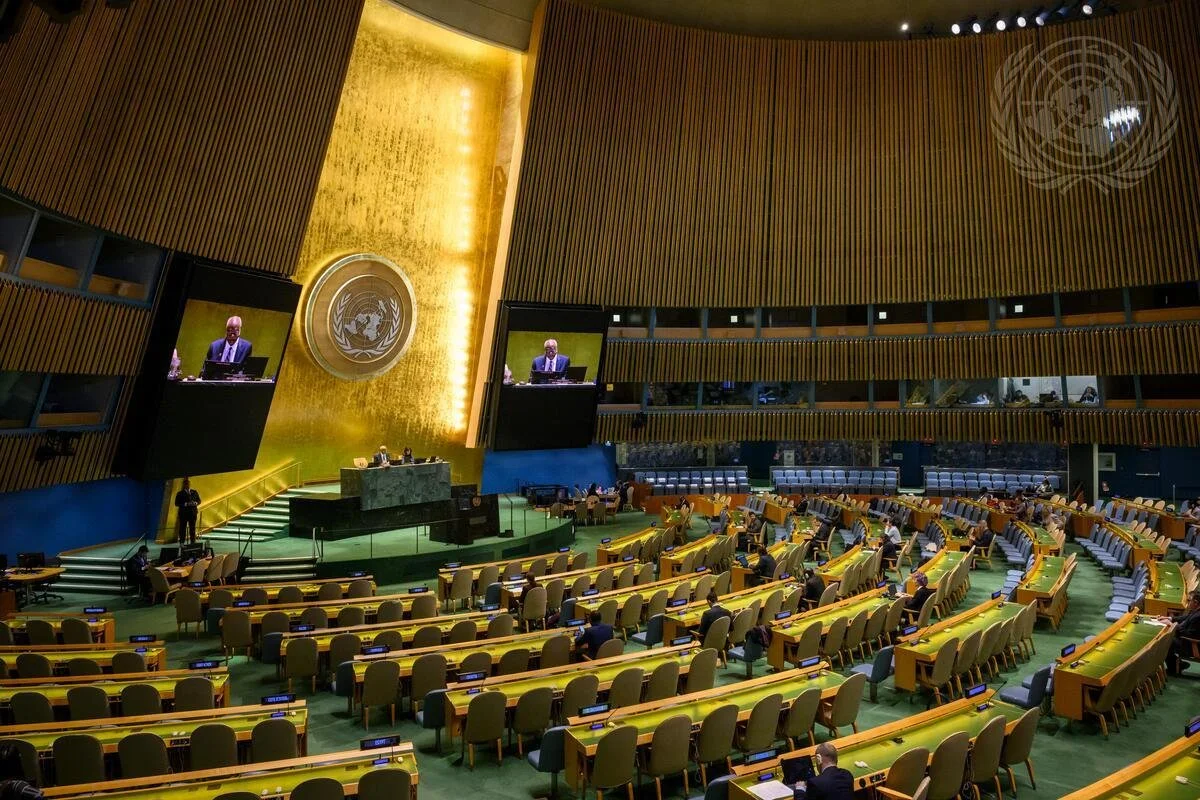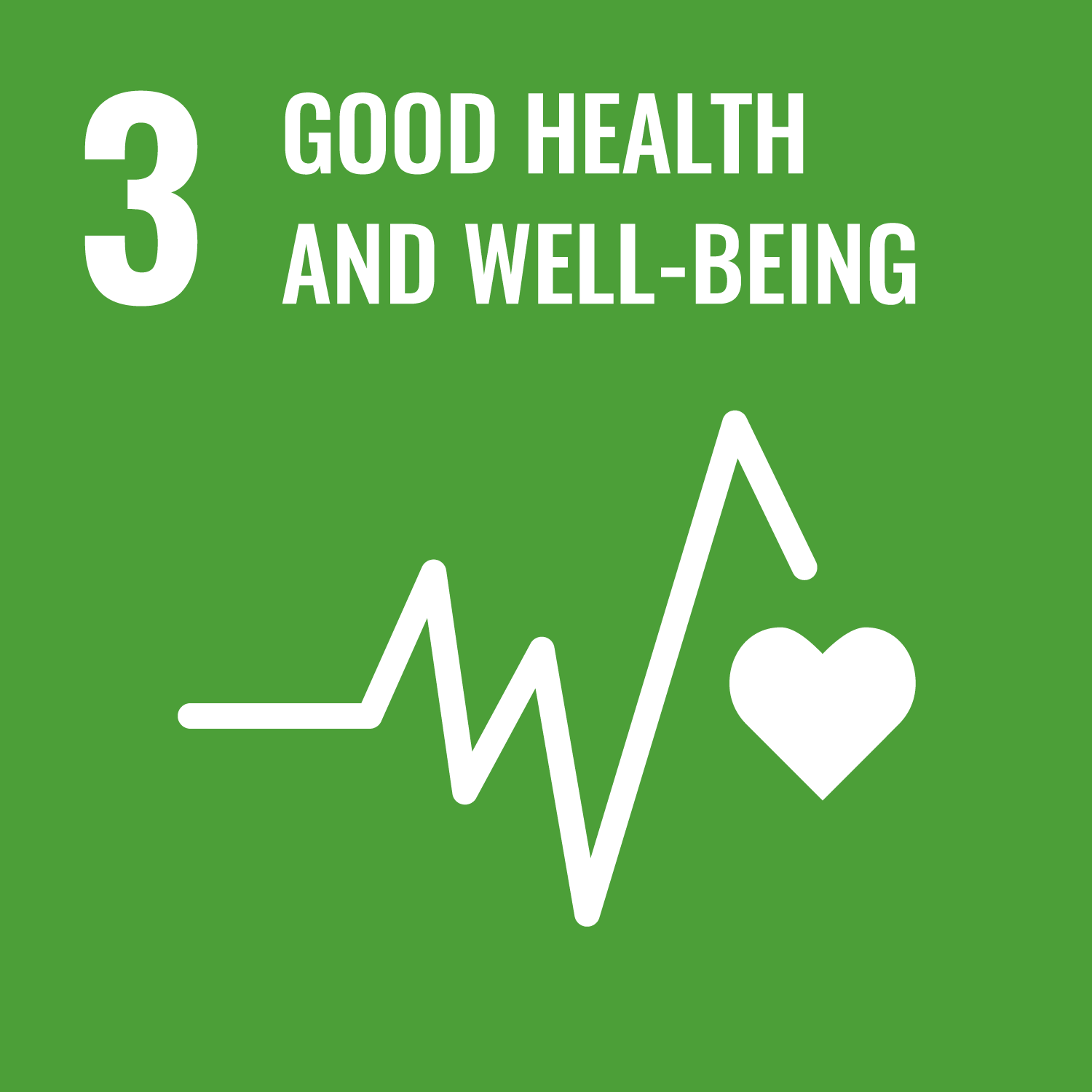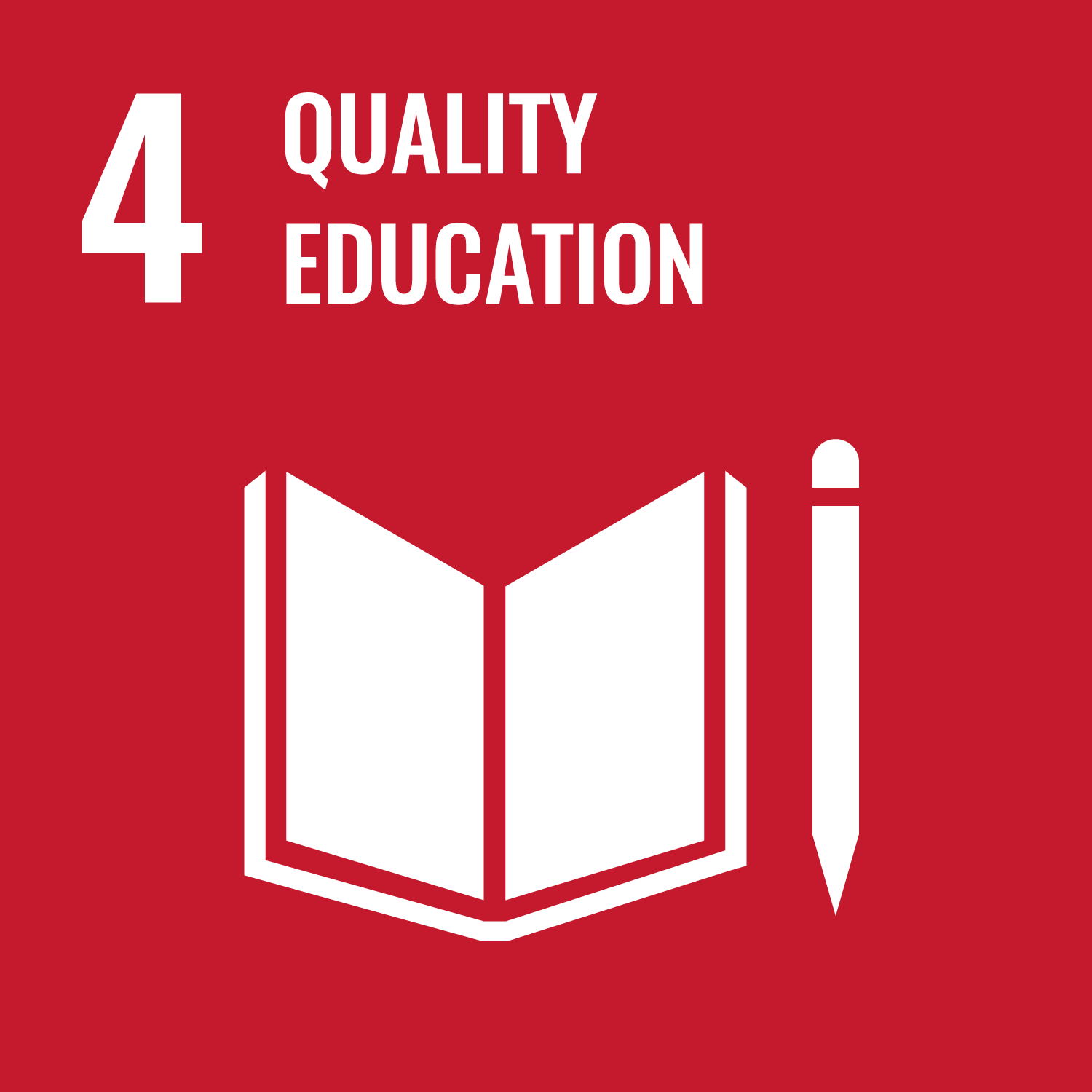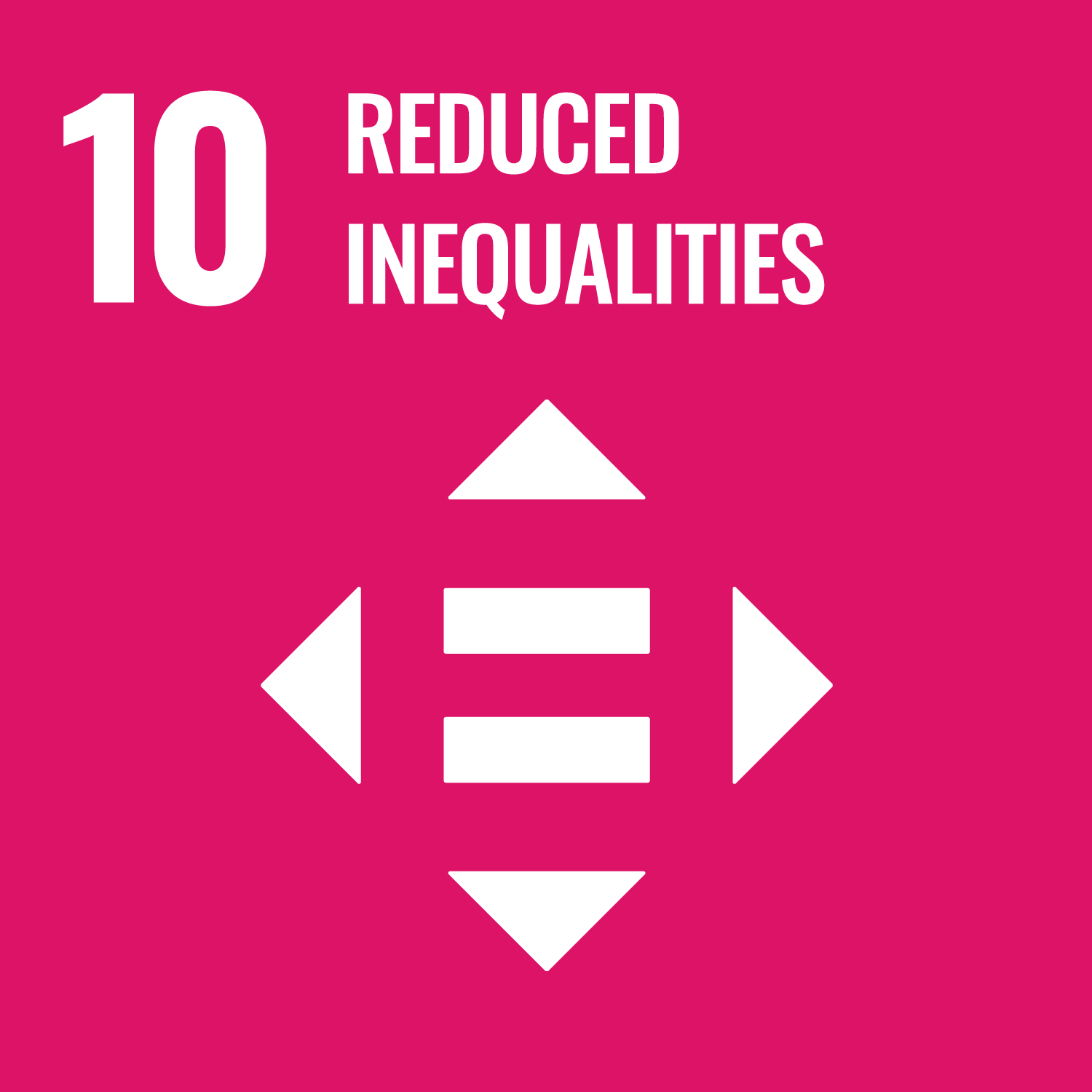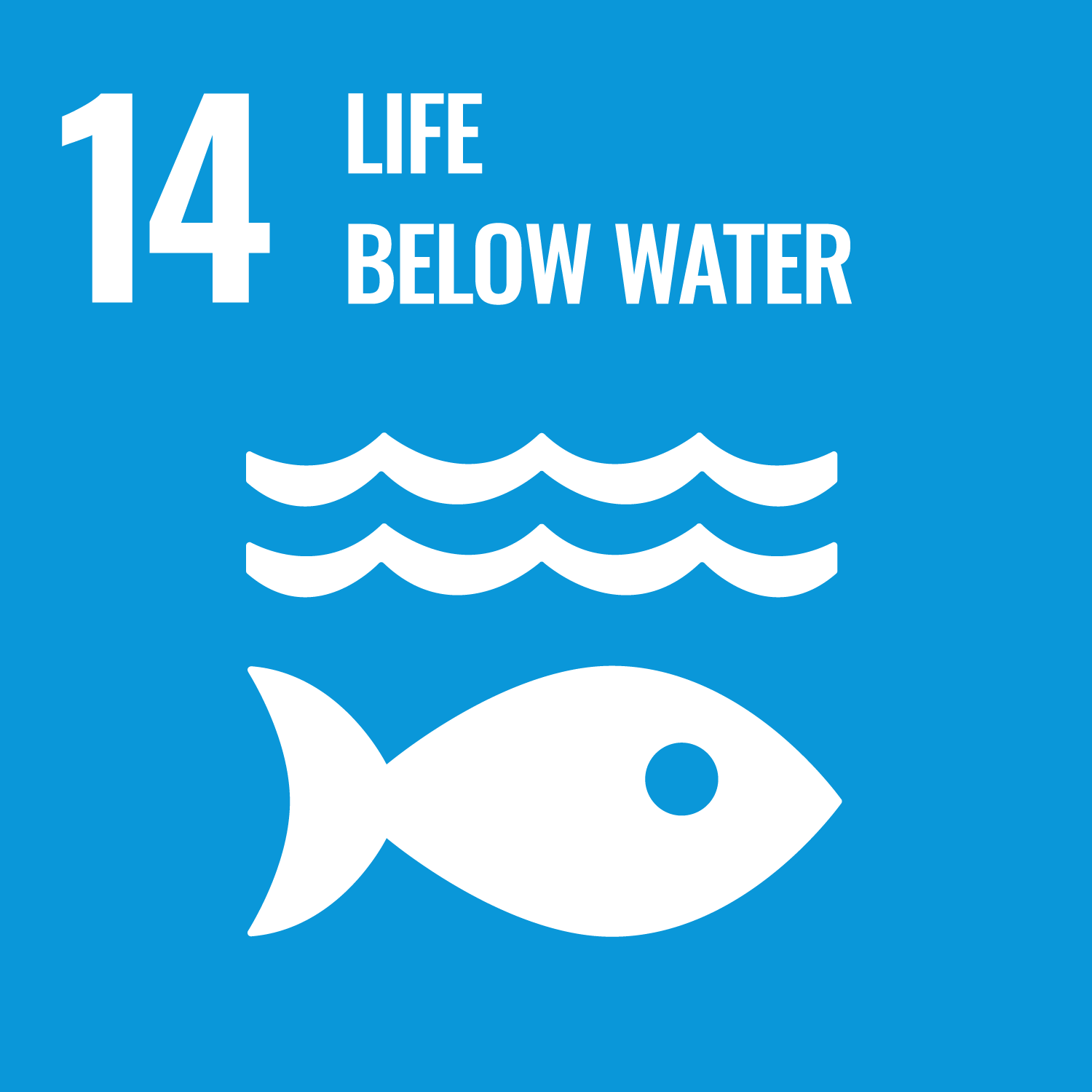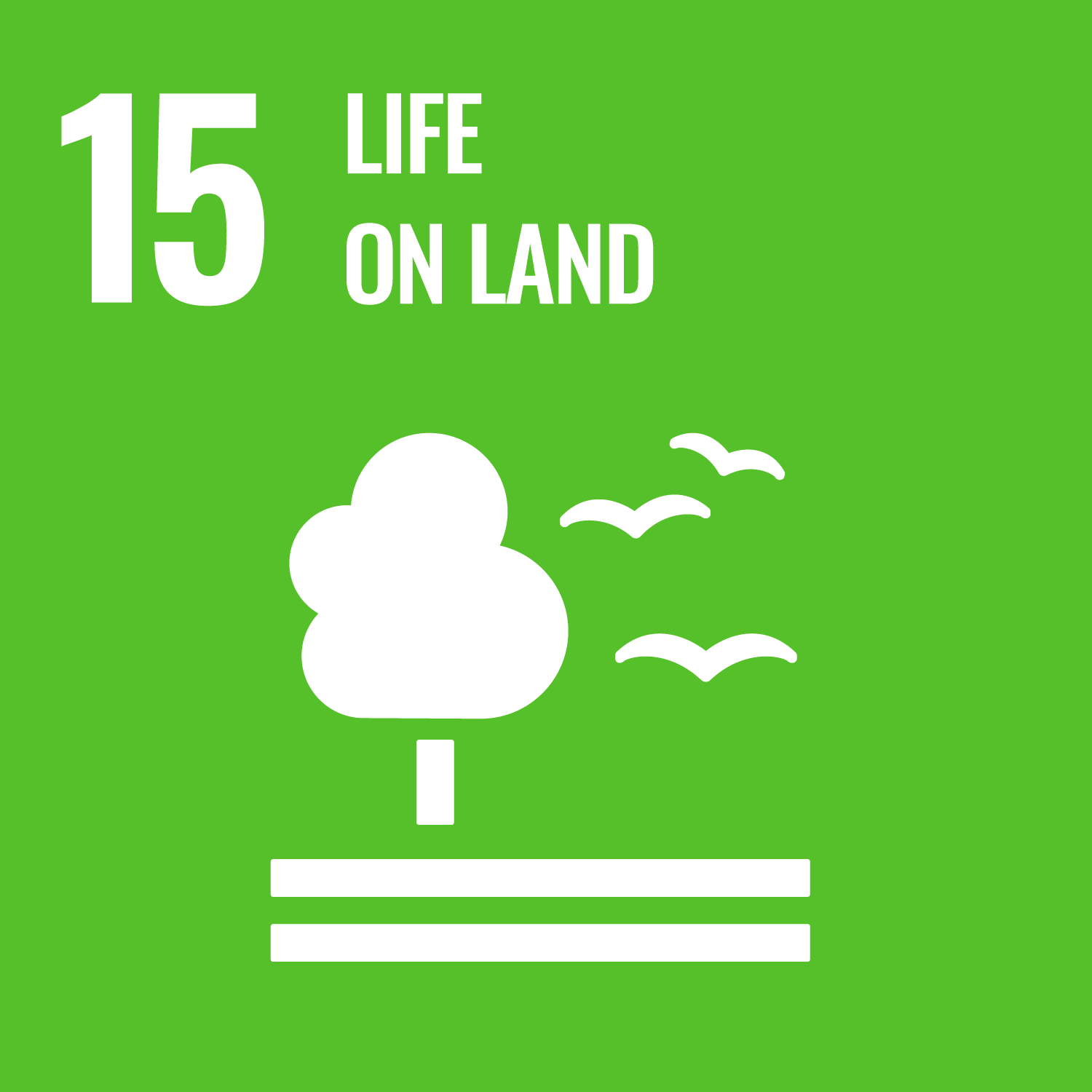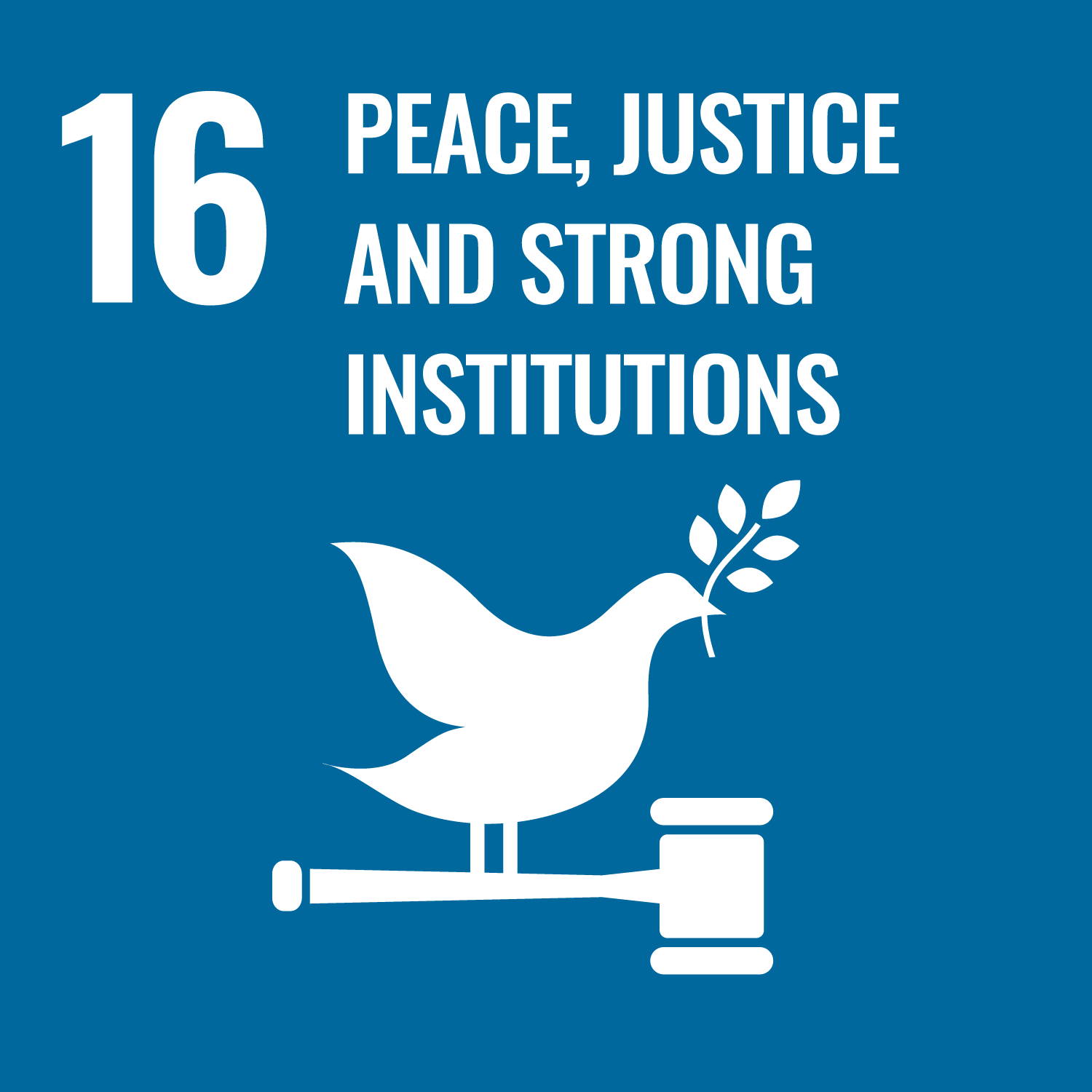About
The PACS Institute conducts evidence-based, interdisciplinary inquiry that informs global policy and inspires constructive action.
Our Story
Founded in 2017 by Anders Reagan and fellow peace scholars, the PACS Institute set out as a young, independent organization to strengthen global peace and human rights mechanisms amid rising challenges. By reexamining the foundations of peace and human rights, the founders sought to challenge conventional paradigms and propose rigorous, evidence-based alternatives. PACS was conceived as both an academic think tank and an advocacy organization – we produce high-quality research and engage directly with policymakers to turn insights into action. By bringing together perspectives from political science, philosophy, and social research, the Institute challenges traditional approaches to peace.
In 2021, the PACS Institute attained Special Consultative Status with the UN Economic and Social Council, providing a platform to bridge academic research with high-level advocacy and help translate our insights into real-world impact. PACS has thereby begun performing work akin to what a dedicated international Commission on Peace might do – filling a crucial gap by independently analysing peace and informing global policy, all without claiming any official UN title.
Mission
To deepen the understanding of peace and human rights through rigorous interdisciplinary inquiry, and to translate those insights into practical strategies for global policy.
Vision
A world where rigorous research and collaborative advocacy foster sustainable, equitable peace and protect the rights of every individual.
Our Commitment to the Sustainable Development Goals
The PACS Institute believes that lasting peace is both a foundation for and an outcome of sustainable development.
We contribute to several UN Sustainable Development Goals (SDGs) by conducting rigorous research, promoting inclusive policy frameworks, and supporting community-led peacebuilding worldwide.
We understand health not simply as the absence of illness, but as the presence of dignity, safety, and psychological stability. Our research examines the structural and relational roots of violence—including war, displacement, marginalization, and systemic injustice—that affect mental and physical well-being. By addressing these root causes and supporting local peace infrastructures, we aim to foster the social conditions necessary for holistic health.
Education is central to sustainable peace. We develop curricula, seminars, and public tools to provide inclusive, interdisciplinary, and transformative peace education. Our approach emphasizes critical thinking, decolonial perspectives, and the cultivation of empathy and civic imagination—particularly among groups historically excluded from academic discourse.
We challenge patriarchal norms that underlie many forms of conflict and structural violence. Our research and advocacy promote intersectional feminist approaches to peacebuilding, recognizing gender not as an isolated issue but as a lens through which power, voice, and security are negotiated. We support peace processes that are inclusive, survivor-centered, and gender-transformative.
The climate crisis is a peace crisis. Environmental degradation exacerbates resource conflicts, displacement, and intergenerational injustice. We examine the ecological dimensions of peace, advocate for climate-informed governance, and frame climate justice as integral to our peace philosophy. The flourishing of communities is impossible on a collapsing planet.
The climate crisis is a peace crisis. Environmental degradation exacerbates resource conflicts, displacement, and intergenerational injustice. We examine the ecological dimensions of peace, advocate for climate-informed governance, and frame climate justice as integral to our peace philosophy. The flourishing of communities is impossible on a collapsing planet.
Marine ecosystems are vital to planetary balance, livelihoods, and the well-being of millions. Our work includes advocacy for ecological peace—recognizing that peace must extend beyond human societies to encompass non-human life and the integrity of ecosystems. This involves promoting systems of care that respect the rights of aquatic environments and the communities who depend on them.
Land is a source of memory, identity, conflict, and renewal. We treat land-related injustices—such as colonial dispossession, extractivism, and ecocide—as central issues in our peace research. We support land rights, conservation ethics, and Indigenous sovereignty as foundations for sustainable peace.
This goal is at the core of our work. We strive to redefine what “peace” means, critique the limitations of current justice frameworks, and encourage the development of institutions grounded in care, equity, and accountability. Our research contributes to a more coherent philosophical foundation for human rights and peace governance.
We build partnerships across disciplines, regions, and sectors to amplify impact. From local peacebuilders to international organizations, we recognize that complex global challenges demand collaborative, pluralistic responses rooted in mutual respect and shared learning.
Join Our Community
Whether you are a researcher, NGO professional, or policy advocate, we invite you to join our community. Connect with us, attend our events, and contribute to shaping the future of global peace and human rights. We believe in collaboration, and we welcome you to be a part of it.





